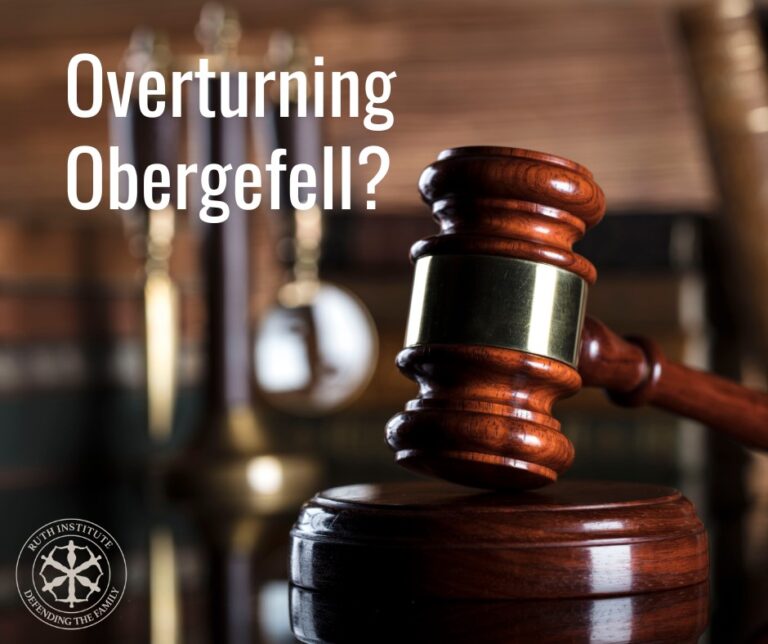By Jennifer Roback Morse
Published on October 31, 2019, at The Stream.
Seminary in Florence, Italy. Image courtesy of pixabay.com.
A recent Notre Dame study about sexual harassment in Catholic seminaries proclaimed,
“only 6% of seminarians report sexual harassment.” But don’t break out the champagne just yet. The seminaries are not all cleaned up.
You see, this Notre Dame study is a good news, bad news situation. The good news is that only 6% of seminarians surveyed reported sexual harassment. The
bad news is that less than half the seminaries in the U.S. participated in the survey. The problem is: we don’t know which half is which.
My organization, the Ruth Institute has a special interest in this study. These results are completely consistent with the results of Fr. Paul Sullins’
second report, Receding Waves: Child Sex Abuse and Homosexual Priests since 2000. Fr. Sullins is no slouch. He holds a doctorate in sociology and taught at Catholic University of America. He finds that recently ordained clergy are
less likely to be abusers, and less likely to have male victims. Priests ordained within the last 10 years of his data collection are more likely to
be orthodox, faithful and chaste. So, the Notre Dame findings are fully consistent with Fr. Sullins’ findings from a very different set of data. The
young guys are good guys. Good news, for sure.
But don’t break out the bubbly. We still got problems.
Not Even the Courtesy of a Reply
You see, the Notre Dame researchers are serious people, doing serious work. They made good faith attempts to include all the seminaries and houses of religious
formation. When some didn’t respond, the McGrath Institute at Notre Dame went the extra mile. Their Executive Director, Dr. John Cavadini, wrote letters
to U.S. bishops, archbishops, cardinals, and superiors of religious orders. He told them about the study. He asked that they grant permission to participate
in the study to their seminarians.
In spite of this diligence, only about 50% of the seminaries participated in the survey. Nearly 40% (37% to be exact) of seminaries and houses of formation
never gave him the courtesy of a reply. Another 15% of seminaries or houses of formation either flat out declined to participate, or they said they
were interested but then never responded to multiple attempts to follow up.
It is hard to believe all these schools didn’t know about the request.
It is also hard to believe that the schools that participated and the schools that didn’t are similar in every relevant respect. Some seminary authorities
decided to not respond to repeated inquires. Some seminary rectors decided to not allow their men to be informed about the opportunity
to participate in the survey. I wonder why?
Do you think the institutions that tolerate sexual activity, voluntary or otherwise, would be eager to encourage their men to participate in a survey about
sexual activity and harassment? A school with a corrupt rector, or a diocese with a history of tolerating sexual acting out in the clergy, do you think
those are the places rushing to tell Notre Dame, “yes, oh yes, you can ask our students anything?”
Maybe it’s just me. But I’m thinking, “no,” and “no.”
Wouldn’t you like to know, which schools had the students that said, “sexual harassment isn’t a problem here?” Wouldn’t you like to know which seminaries
had students who said that seminaries should “automatically expel all men who do not live chastely?” Wouldn’t you like to know which schools couldn’t
be bothered to forward the invitation to participate emails to their students?
I’d love to know. I’m thinking you would too.
Which Seminaries Participated?
Now, I’ve done social science research. Promising confidentiality to participants is standard protocol. The professionals at Notre Dame are not going to
reveal which schools participated.
But we, dear reader, have every right to ask our bishops and seminary rectors: did our seminary participate in this survey? We, the faithful, have every
right to say, “If your school participated, we congratulate you with our sustained financial support! If our school didn’t participate, why not? If
you had a good reason to decline to participate, we would like to hear it.”
If they don’t answer a simple “yes or no” question, we have every right to draw our own conclusions.
At the same time, those seminaries that did participate can claim “bragging rights.” They could say, “We released a list of our students for the Notre
Dame research team to contact and invite to participate. We encouraged our men to cooperate.” This would be no violation of any confidentiality agreement
or of anyone’s privacy. This would be perfectly ethical.
The students who participated in this survey sound like fine young men. When asked to volunteer suggestions for improving seminary life, they wanted their
schools to provide stronger formation in chastity. But what about the other half of our seminaries? We have no way of knowing what is going on. Are
they all corrupt? Just how bad are the bad schools?
Church authorities who have responsibility for seminaries, I call on you to address this question. If your men participated, we applaud you. Your men are
an encouragement to us all. We thank you for them. We wish to help support you, and them.
If you don’t answer these questions, our imaginations are left free to roam. You will have only yourselves to blame if our suspicions increase.



